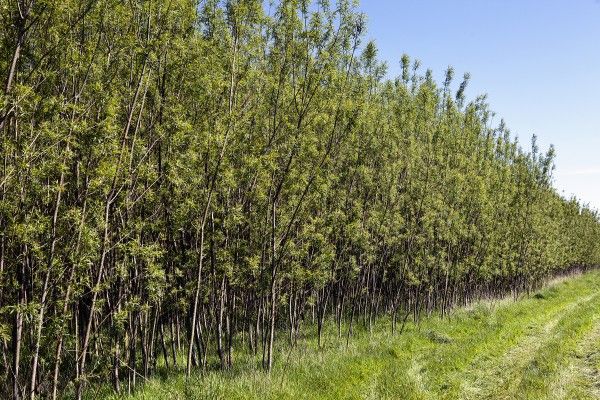
Local farmers’ ability to sell biomass to a paperboard mill in Cumbria will return over £1.5m annually to the local agricultural industry.
The initiative, by Swedish paperboard company Iggesund Paperboard, has created a new source of income for nearly 200 farms in Cumbria and Scotland.
In 2013, the organisation invested in a biomass-fired combined heat and power plant for the primary purpose of being able to run its paperboard mill on renewable energy.
The mill switched its energy supply from fossil natural gas to biomass, and thereby reduced its fossil carbon dioxide emissions by 190,000 tonnes a year, the equivalent to the annual emissions of about 65,000 cars.
Local farmers were also offered the opportunity to grow and sell energy crops to Iggesund.
Neil Watkins, Alternative Fuels Manager at Iggesund in the Workington, Cumbria mill, said many farmers were 'sceptical' at first.
“But gradually, as they saw our commitment and our calculations for how they could earn more from their less-fertile land, more and more of them have joined our project,” he said.
The goal was to bring in 25,000 tonnes of biomass from the farming industry. After five years, the goal will be exceeded when all the contracted crops are ready to harvest.
When the project began, Defra had made recommendations that parts of Cumbria have land highly suitable for energy crops.
And as the project developed, the crops also helped to counteract the effects of flooding and lead to greater biodiversity.
“Yet another advantage of energy crops – in our case Short Rotation Coppice willow – is that they give a good yield on less fertile land and do not lay claim to land that is better suited to food production,” Mr Watkins added.
